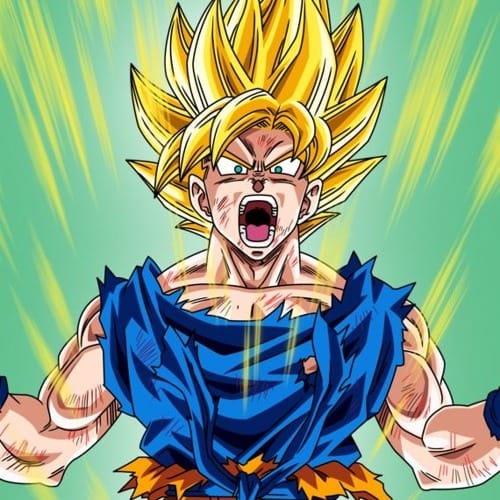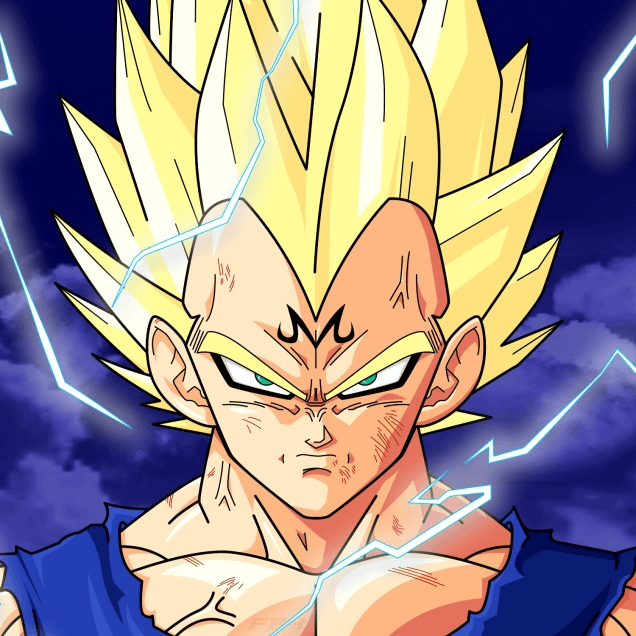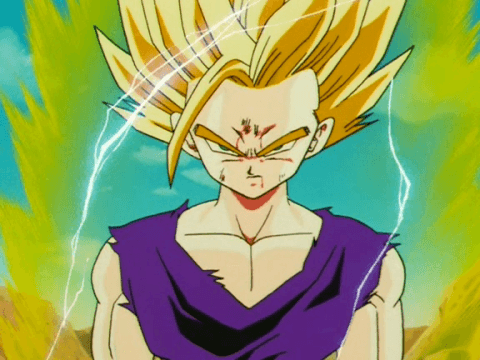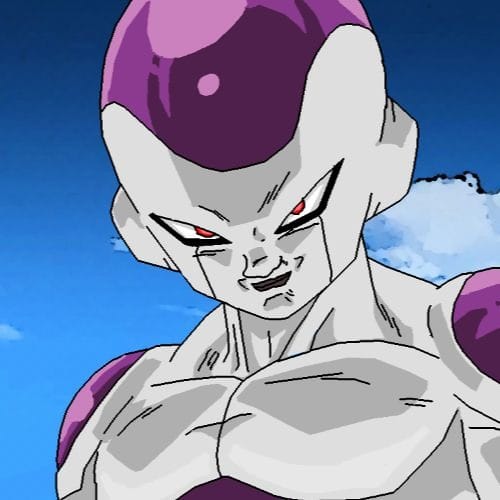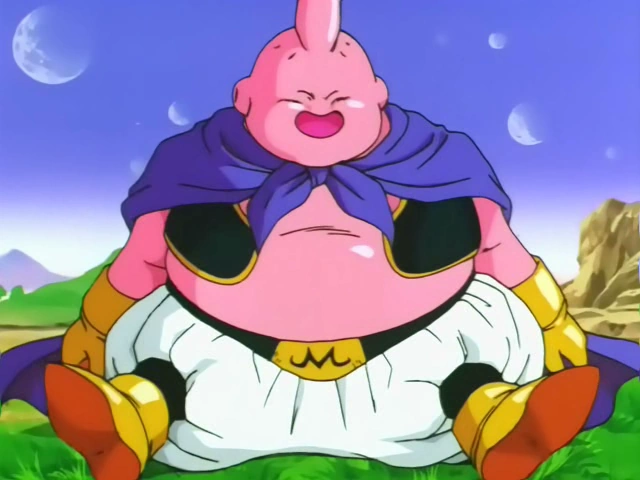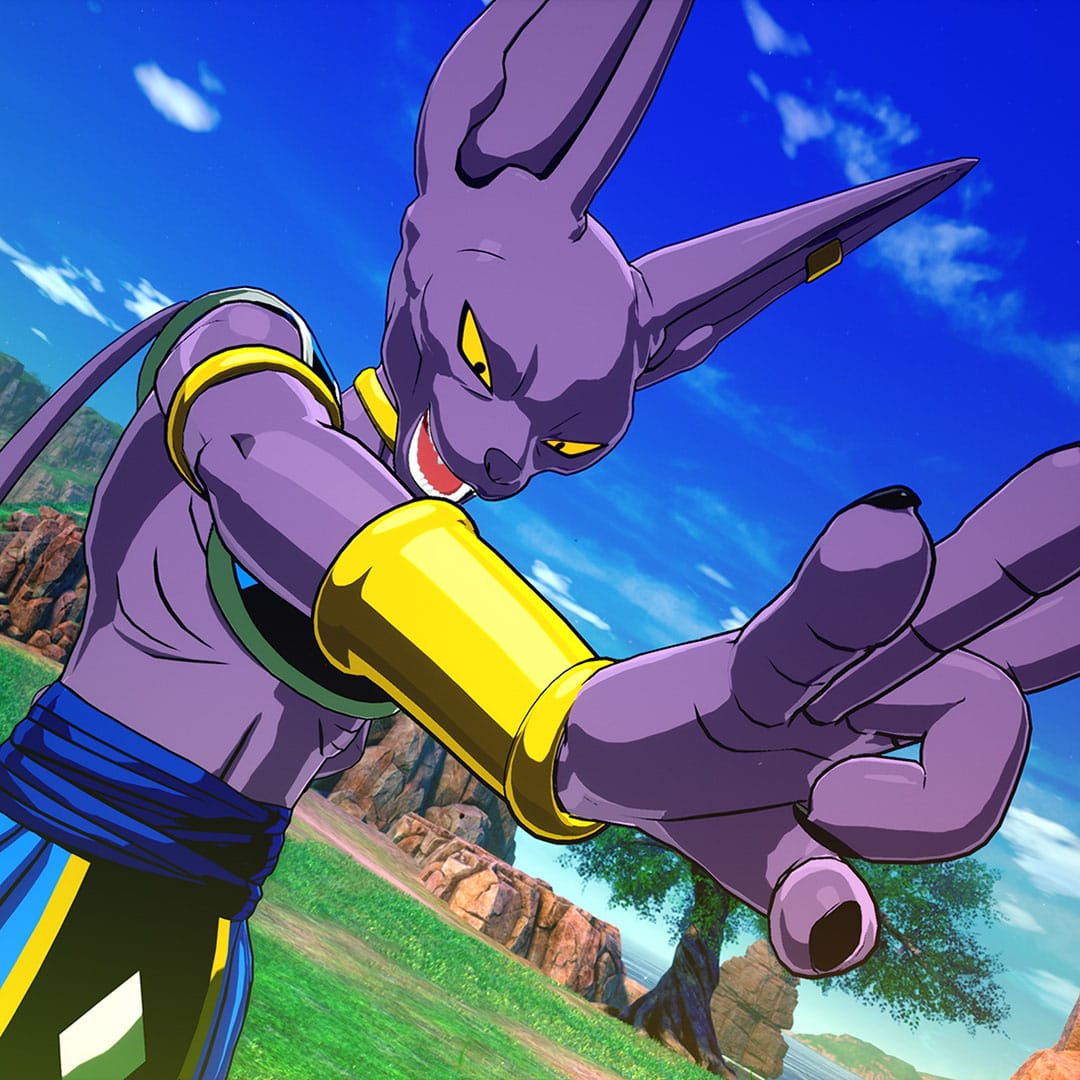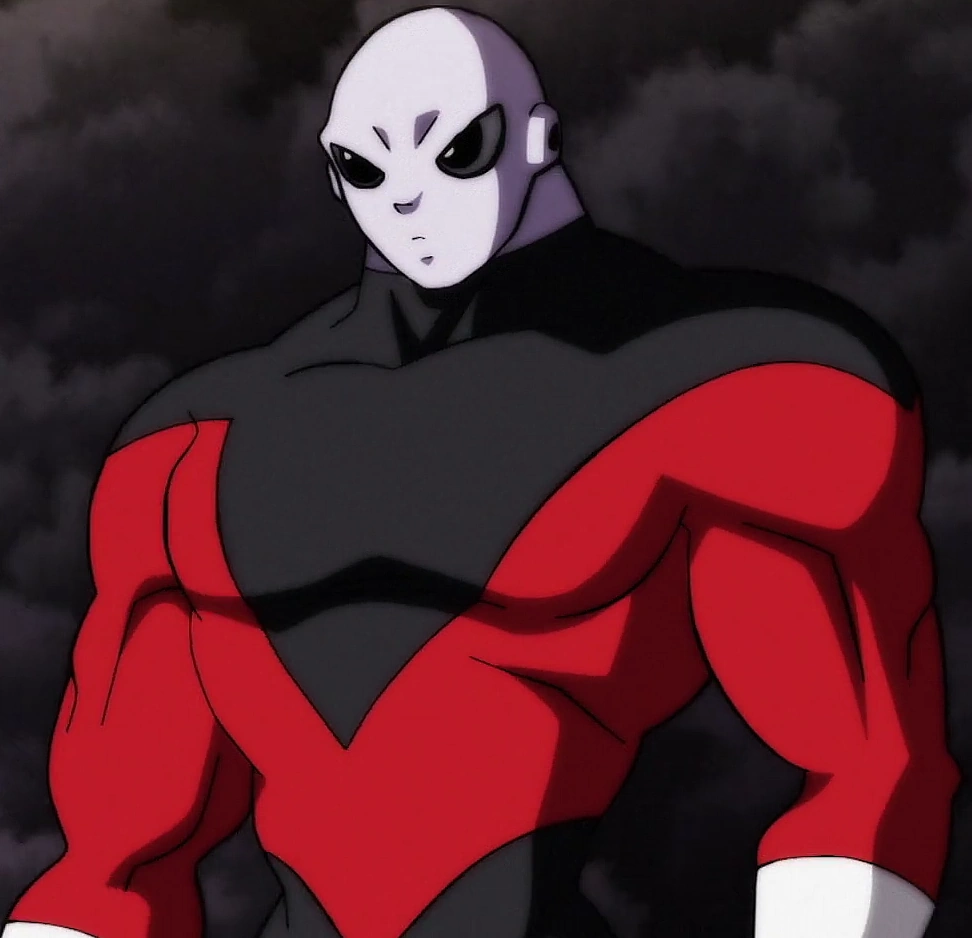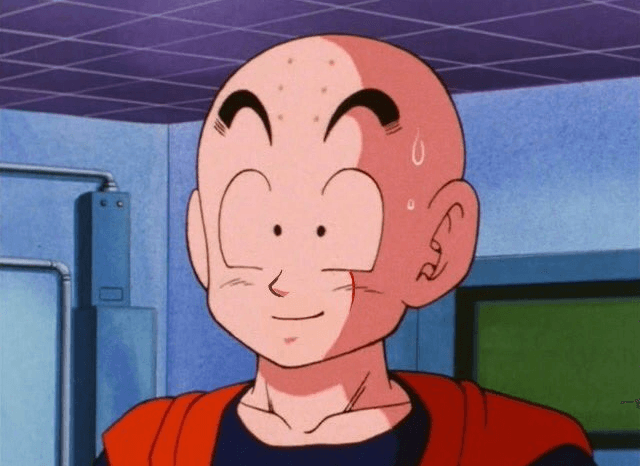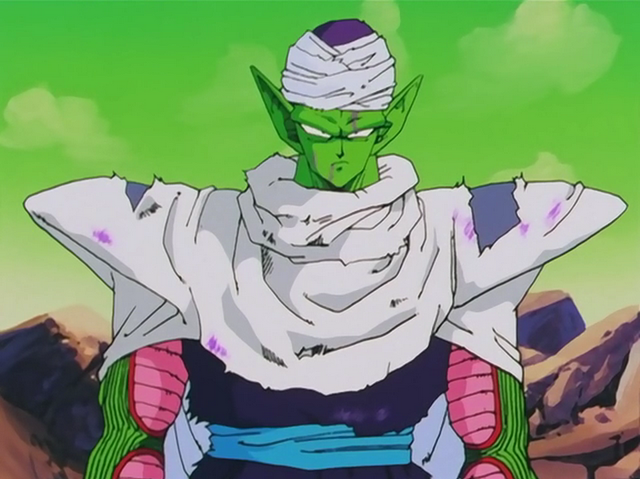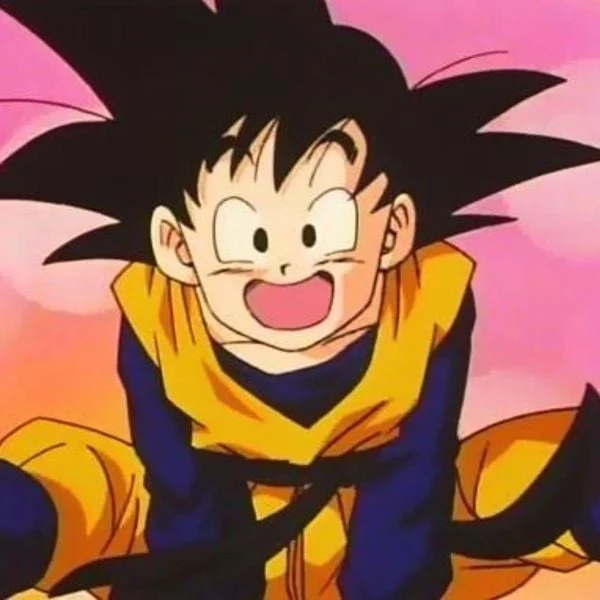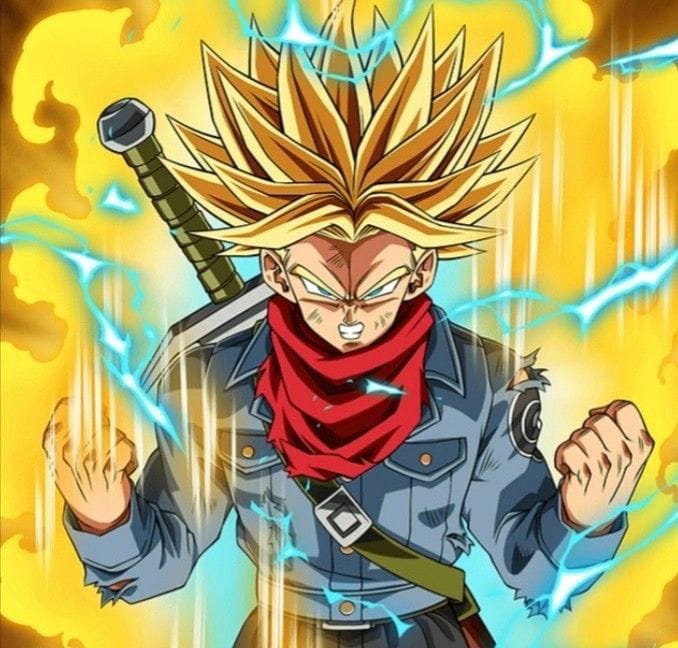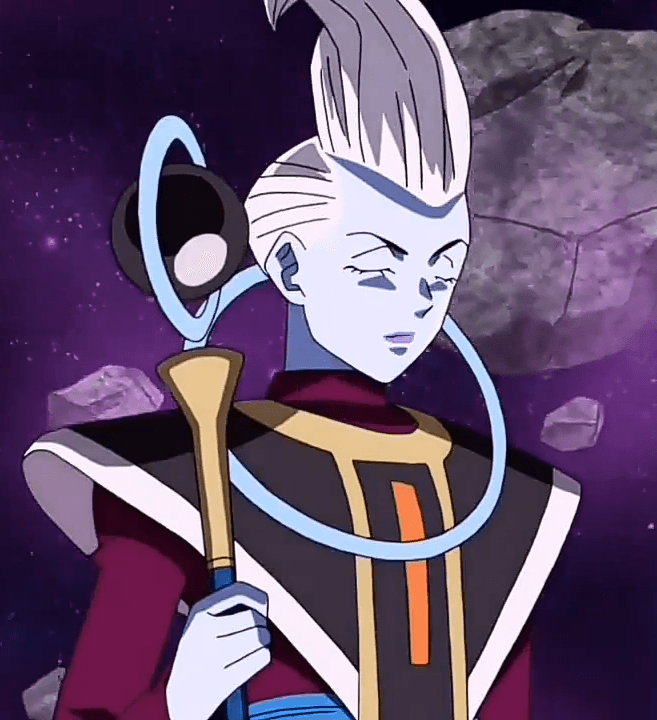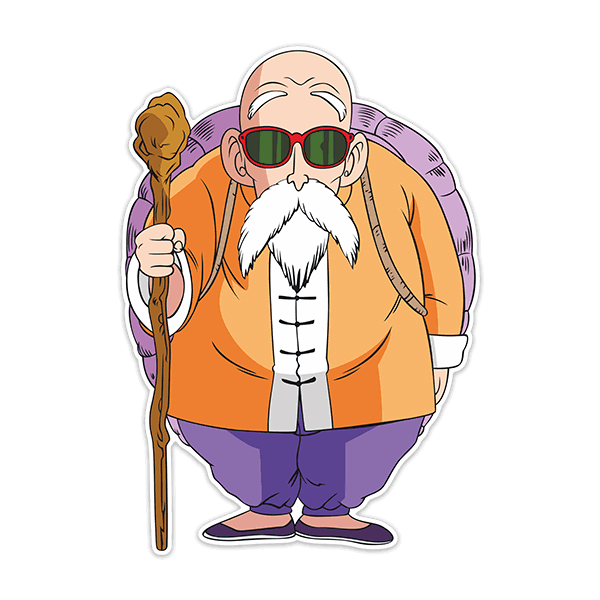No products in the cart.
Dragon Ball Characters
Discover the full lineup of Dragon Ball characters, from legendary Saiyan warriors to iconic villains, gods, androids, and multiverse fighters. Whether you’re a longtime fan or new to the series, this guide highlights the personalities, powers, and stories behind the most memorable heroes and antagonists in Dragon Ball, Dragon Ball Z, Dragon Ball Super, and even GT. Learn about fan favorites like Goku, Vegeta, Gohan, Trunks, Frieza, Cell, Majin Buu, Beerus, and more. Perfect for anime fans seeking character information, power breakdowns, or inspiration for collectibles and merch.
1. Why Dragon Ball Characters Are Legendary
When people talk about the most influential anime of all time, Dragon Ball always appears at the top of the conversation. From its unforgettable story arcs to its explosive battles and emotional character growth, the series has shaped pop culture for generations. At the heart of this massive success lies one major element: Dragon Ball Characters.
The cast of Dragon Ball is diverse, colorful, and unforgettable—ranging from powerful Saiyan warriors to cosmic gods, wise mentors, destructive villains, and comedic fan favorites. Each character brings something different to the story, making the franchise rich, dynamic, and endlessly exciting.
This article explores the most iconic Dragon Ball characters, their backgrounds, strengths, transformations, and their impact on the entire Dragon Ball universe. Whether you are a longtime fan or a newcomer wanting to learn more, this comprehensive guide covers everything you need to know.
⭐ 2. The Saiyan Warriors: The Heart of Dragon Ball
Saiyans are the central force of the Dragon Ball series. Their pride, strength, and incredible transformations define most of the franchise’s most iconic moments.
2.1 Son Goku: The Symbol of Dragon Ball
No character represents Dragon Ball better than Son Goku, the pure-hearted Saiyan raised on Earth.
Key highlights:
Origin: Saiyan sent to Earth as a baby
Personality: cheerful, pure, battle-loving
Signature techniques: Kamehameha, Spirit Bomb, Instant Transmission
Major transformations: Super Saiyan, SS2, SS3, SS God, SS Blue, Ultra Instinct
Goku’s growth from a small, naïve boy into the strongest mortal in the multiverse makes him the true face of the series.
2.2 Vegeta: The Prince of All Saiyans
If Goku is the heart of Dragon Ball, Vegeta is its burning pride.
Why fans love Vegeta:
Heir to the Saiyan royal bloodline
Iconic rival relationship with Goku
One of the best redemption arcs in anime
Transforms through pure effort and pride
Major forms: Super Saiyan Blue Evolution, Ultra Ego
Vegeta embodies character growth, determination, and unstoppable drive.
2.3 Son Gohan: The Hidden Prodigy
Gohan is unique among the Dragon Ball Characters because his power is rooted in emotion rather than pure Saiyan instinct.
Why he stands out:
Greatest potential of any Saiyan hybrid
Iconic Teen Gohan Super Saiyan 2 moment
Latest transformations: Ultimate Gohan, Beast Gohan
A mix of scholar, warrior, and family man
Gohan continues to be a favorite thanks to his emotional depth and explosive hidden power.
2.4 Trunks and Goten: The Next Generation
Future Trunks
Travels from the future to warn Earth
Famous for defeating Mecha Frieza
Forms: Super Saiyan, Super Saiyan Rage
Kid Trunks & Son Goten
Youngest Super Saiyans ever
Fusion into Gotenks
Comedic yet powerful
These younger characters add fun, energy, and future potential to the story.
⭐ 3. The Iconic Villains of Dragon Ball
Dragon Ball’s villains are legendary, each delivering unforgettable battles and transformations.
3.1 Frieza: The Eternal Emperor
One of the most recognizable villains in anime history.
Why Frieza is iconic:
Destroyer of the Saiyan race
Final Form and Golden Frieza forms
Cold, ruthless, charismatic
Returns multiple times stronger
Frieza remains one of the most important Dragon Ball Characters because he shaped Goku and Vegeta’s destinies.
3.2 Cell: The Perfect Android
Created by Dr. Gero to be the ultimate fighter, Cell is a brilliant mix of strategy, technique, and ego.
Highlights:
Absorption of Android 17 & 18
Perfect Form
Cell Games arc
Famous for pushing Gohan to SSJ2
Cell’s design and personality make him one of the most unique villains.
3.3 Majin Buu: The Ancient Monster
Majin Buu is chaotic, unpredictable, and incredibly powerful.
Forms include:
Fat Buu (childlike but deadly)
Super Buu (calculated, cruel)
Kid Buu (pure destruction)
His arc is filled with humor, horror, and emotional twists.
3.4 Jiren: The Mortal Above Gods
From Universe 11, Jiren represents peak physical strength in Dragon Ball Super.
Why Jiren became iconic:
Stoic, disciplined, unstoppable
Overpowered Goku until Ultra Instinct
Symbol of absolute mortal strength
⭐ 4. The Gods & Cosmic-Level Characters
The Dragon Ball Characters roster expanded massively with Dragon Ball Super.

4.1 Beerus: God of Destruction
Beerus introduced godly power levels into the franchise.
Inspired by Egyptian mythology
Can destroy planets effortlessly
Has a comedic yet terrifying personality
Pushed Goku to become a Super Saiyan God
4.2 Whis: The Angel of Universe 7
Whis is Beerus’s mentor — and far stronger.
About Whis:
Grand Priest’s son
Ultra-fast, ultra-calm
Taught Goku & Vegeta God Ki
Can reverse time
Whis remains one of the top five strongest Dragon Ball Characters.
4.3 Zeno Sama: The Omni-King
The supreme ruler of all universes.
Can erase entire universes instantly
Childlike personality but unmatched power
Has two bodyguards stronger than angels
Zeno stands at the very top of Dragon Ball’s power hierarchy.
4.4 The Grand Priest (Dai Shinkan)
Often considered top 3 strongest.
Father of all angels
Calm, mysterious, overwhelmingly strong
Advisor to Zeno
Key balance-keeper of the multiverse
⭐ 5. The Supporting Cast That Fans Love
Dragon Ball Characters aren’t just about strength — personality matters too.
Notable support characters:
Piccolo – Gohan’s mentor, wise strategist
Krillin – strongest human, loyal friend
Tien – disciplined martial artist
Yamcha – comedic but iconic
Bulma – genius inventor, essential to the plot
Android 18 – strong, confident, fan-favorite
Each adds depth, humor, and heart to the series.
⭐ 6. Why Dragon Ball Characters Are So Memorable
Dragon Ball Characters stand out because they combine:
✔ Unique personalities
✔ Emotional arcs
✔ Continuous growth
✔ Stunning transformations
✔ Iconic rivalries
✔ Strong friendships
✔ Legendary battles
Whether you’re drawn to heroes, villains, gods, or comedic characters, the series offers something for everyone.
⭐ 7. The Evolution of Power: Transformations that Define Dragon Ball
No anime does transformations better than Dragon Ball.
Most iconic forms across characters include:
Super Saiyan
Super Saiyan Blue
Ultra Instinct
Ultra Ego
Beast Form
Golden Frieza
Super Buu transformations
God forms of angels and deities
These transformations are a major reason Dragon Ball Characters remain unforgettable.
⭐ 8. Conclusion: The Endless Legacy of Dragon Ball Characters
The universe of Dragon Ball Characters continues to grow, evolve, and inspire fans around the world. From Goku’s constant pursuit of strength to Vegeta’s prideful evolution, from Frieza’s chilling villainy to Beerus’s cosmic authority, each character brings something unique to the table.
As Dragon Ball continues with new movies, manga chapters, and series expansions, fans eagerly await what’s next for their favorite heroes and villains. The legacy of Dragon Ball Characters isn’t just about power — it’s about heart, rivalry, growth, and unforgettable storytelling.
Dragon Ball is more than an anime.
It’s a global cultural phenomenon, powered by its extraordinary characters.

 FREESHIP FOR ORDERS FROM 50 USD
FREESHIP FOR ORDERS FROM 50 USD